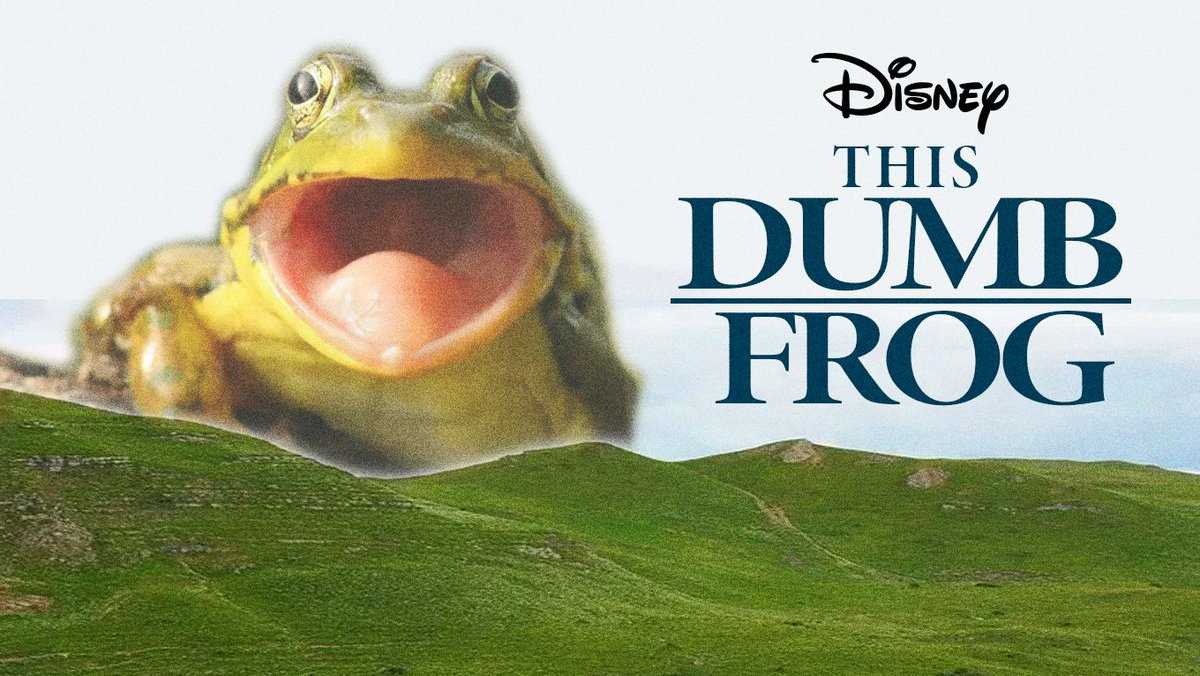
For instance, studies have demonstrated that frogs have the ability to learn and remember complex patterns. They can navigate mazes, recognize specific prey, and even associate certain sounds with danger or reward. These findings suggest that frogs possess a certain level of cognitive ability, challenging the perception of their intelligence.
Are Frogs Dumb?
Their Survival Skills
Frogs have a remarkable ability to adapt to their environment and survive in various habitats. They can navigate through complex landscapes and exhibit impressive abilities to camouflage themselves from predators. Frogs also have excellent spatial awareness, enabling them to find their way back to their breeding grounds even after months of migration.
Communication and Social Behaviors
| Species | Special Ability |
|---|---|
| Glass Frog | Transparent skin allows observation of internal organs |
| Black Rain Frog | Ability to inflate to discourage predators |
| Tungara Frog | Use of vocal sac bubbles to enhance their calls |
These unique characteristics and abilities of frogs demonstrate that they possess a level of intelligence that is specific to their survival and communication needs. While they may not excel in problem-solving tasks like some other animals, frogs exhibit remarkable skills and adaptability that make them far from dumb creatures.
Exploring Amphibian Intelligence
Are frogs dumb? This is a common misconception about these fascinating amphibians, but the truth is that they possess some surprising cognitive abilities. While they may not possess the same level of intelligence as mammals or birds, frogs are far from dumb.
Problem-Solving Abilities
Frogs have been shown to exhibit problem-solving abilities in various experiments. For example, in a study conducted by researchers at the University of Vienna, frogs were able to learn to avoid certain colored objects that were associated with negative experiences, such as electric shocks. This shows that frogs have the ability to learn from past experiences and make decisions based on that knowledge.
Communication and Social Behavior
Frogs also exhibit complex communication and social behavior. Many frog species use calls to communicate with one another, which can vary in pitch, duration, and intensity. These calls serve various purposes, such as attracting mates or warning other frogs of potential dangers. Some frog species also engage in parental care, such as guarding and protecting their eggs until they hatch. These behaviors demonstrate a level of social intelligence and the ability to understand and respond to the needs of others.
In addition to communication and social behavior, frogs also display problem-solving abilities in their hunting techniques. Some frog species use unique strategies to catch their prey, such as catapulting their tongues at high speeds to capture fast-moving insects. This requires precision timing and coordination, indicating a certain level of intelligence in their hunting strategies.
Learning and Memory
Research has shown that frogs have the ability to learn and remember. In experiments, frogs have been trained to associate certain stimuli with rewards or punishments and have demonstrated the ability to remember and respond accordingly. This suggests that they have the ability to form and retain memories, which is an important aspect of intelligence.
The Cognitive Abilities of Frogs
One of the most fascinating cognitive abilities of frogs is their ability to learn and remember. Research has shown that frogs are capable of remembering and recognizing different visual and auditory cues. They can learn to associate specific stimuli with rewards or punishments, which indicates a level of cognitive processing beyond basic instinctual behavior.
Additionally, frogs have been shown to possess a sense of spatial awareness. They are able to navigate their environment and remember specific locations. This is particularly impressive considering that frogs have relatively small brains compared to other animals with similar spatial abilities like birds or mammals.
Another interesting cognitive ability of frogs is their ability to make decisions based on past experiences. Researchers have found that frogs are able to recall previous encounters with predators or potential threats and adjust their behavior accordingly. This suggests a certain level of cognitive flexibility and adaptability.
Furthermore, frogs have demonstrated problem-solving skills in various laboratory experiments. They have been observed finding innovative ways to access food resources or escape from enclosures. This ability to think outside the box indicates a higher level of cognitive function than previously believed.

I’m Lena Adams—a product of an unconventional upbringing in the African wilderness. My father, a daring explorer of African wildlife, sparked my fascination with reptiles, a passion that intertwined with the tragic loss of my mother during an expedition, leaving an indelible mark on my life. Driven to understand the creatures that captivated my parents, I embarked on my journey, sharing insights about reptiles, frogs, and lizards on my website. Through my explorations and conservation efforts, I honour my family’s legacy while seeking connections—to the creatures, nature, and the mother whose presence I yearn to understand.
